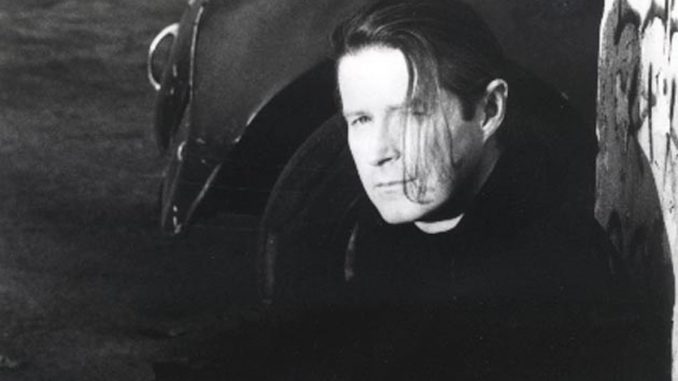
There are some songs that stay firmly ensconced between the ears. An immediacy that never leaves and plays itself over and over on a timeless loop. A song that never loses its ability to resonate both musically and lyrically. In 1987 Bruce Hornsby’s star was as it’s brightest. Basking as he was in the huge worldwide success of ‘The Way It Is’ he still remembers being flattered when Don Henley invited him to write with him; “He was the first ‘big shot’ who called me to write.” Hornsby played Henley a song he had written but wasn’t especially happy with. The story goes that Henley took the guts of the music and returned with his own lyrics and the song that would be ‘The End Of The Innocence’.
If it is the haunting melody of Hornsby’s piano that pulls you in initially, once Henley’s gorgeous warm and melancholic vocal kicks in one of the great musical collaborations has been put in place. What at first feels like a fuzzy, rose-tinted and wistful look back at better times soon turns into a more cynical and damning look at where the USA was at the time. “Remember when the days were long and rolled beneath a big blue sky” soon morphs into “But happily ever after fails and we’ve been poisoned by these fairy tales”.
This was the era of Reaganomics and the Oliver North Iran-Contra affair and the accompanying video nods not very subtly in this direction, “This tired old man that they elected King” playing alongside tatty and torn posters of Reagan with his ‘The Time Is Now’ campaign slogan symbolically shredded on the breeze.
‘The End of The Innocence’ was a great collaboration between two of the generation’s best songwriters. It earned Henley a Grammy for Rock Male Vocalist in 1990 and a nomination for Song of the Year. It reached the dizzy heights of number 48 in the UK charts on the week Jive Bunny topped the charts. Oh well…



Fine album the CD version contained the extra track Month Of Sundays one of Henley’s finest songs.
Don Henley has one of those voices that resonates with the quiet, reflective aspect of a music listener. The End of The Innocence works as an engaging poem, a thought-provoking “message song” and a melody that eases the listener into the mood of the song more effectively than any words of encouragement could possibly accomplish alone.